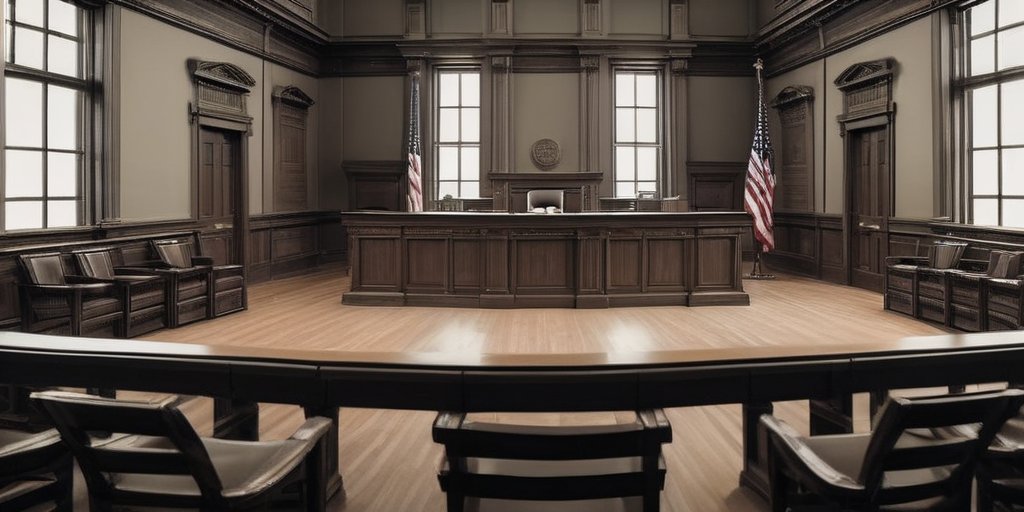In a recent Oval Office statement, President Donald Trump reiterated his administration’s focus on removing individuals deemed harmful to the United States, characterizing the deportation of Venezuelan gang members as a necessary action. During the proceedings regarding these deportations, Judge James Boasberg of the US District Court expressed significant concern over the government’s handling of the case, particularly criticizing the language and behavior of the Justice Department’s attorneys.
Judge Boasberg labeled the government lawyers as ‘intemperate’ and ‘disrespectful’, reflecting his frustrations during a court hearing in Washington DC, where he made it clear that the tone used was unlike anything he had encountered in government submissions before. The judge’s remarks came within the context of a serious consideration of President Trump’s invocation of the 1798 Alien Enemies Act to sanction the deportation of what the administration claims are verified Venezuelan gang members.
Trump’s administration has stood firm in its assertion that these individuals, deported last Saturday to a notorious mega-prison in El Salvador, were thoroughly vetted. However, this assertion has been challenged, as some family members of the deportees contest claims of gang affiliations, and federal officials have acknowledged that many do not have a criminal history in the US. The Venezuelan government has also denied any connections between these individuals and the Tren de Aragua gang.
At the heart of the ruling is the troubling notion that these deportees lack a legal means to contest their designation as gang members, leading Judge Boasberg to describe the situation as ‘incredibly troublesome and problematic’. Following the judge’s verbal order to halt deportation flights, the White House indicated that the planes were already en route, rendering the decision moot. This incident has raised significant questions regarding the limits of executive power, particularly concerning Trump’s authority to sidestep judicial directives.
The tensions between the judiciary and presidential actions are increasingly coming to the fore, with Judge Boasberg also emphasizing his stance on the need for accountability for any perceived violations of court orders by the Trump administration. Given the president’s broad legal immunity for his actions in office, accountability may face different interpretations going forward.
The clash has not gone unnoticed at the highest judicial levels, as Supreme Court Chief Justice John Roberts indirectly commented on the appropriateness of impeachment in response to judicial rulings, another layer of complexity in the ongoing saga of immigration policy and enforcement under Trump’s leadership. The case continues to unfold as the government has challenged Judge Boasberg’s orders in the DC Circuit Court of Appeals, setting the stage for a legal battle that could shape the future of immigration law in America.
